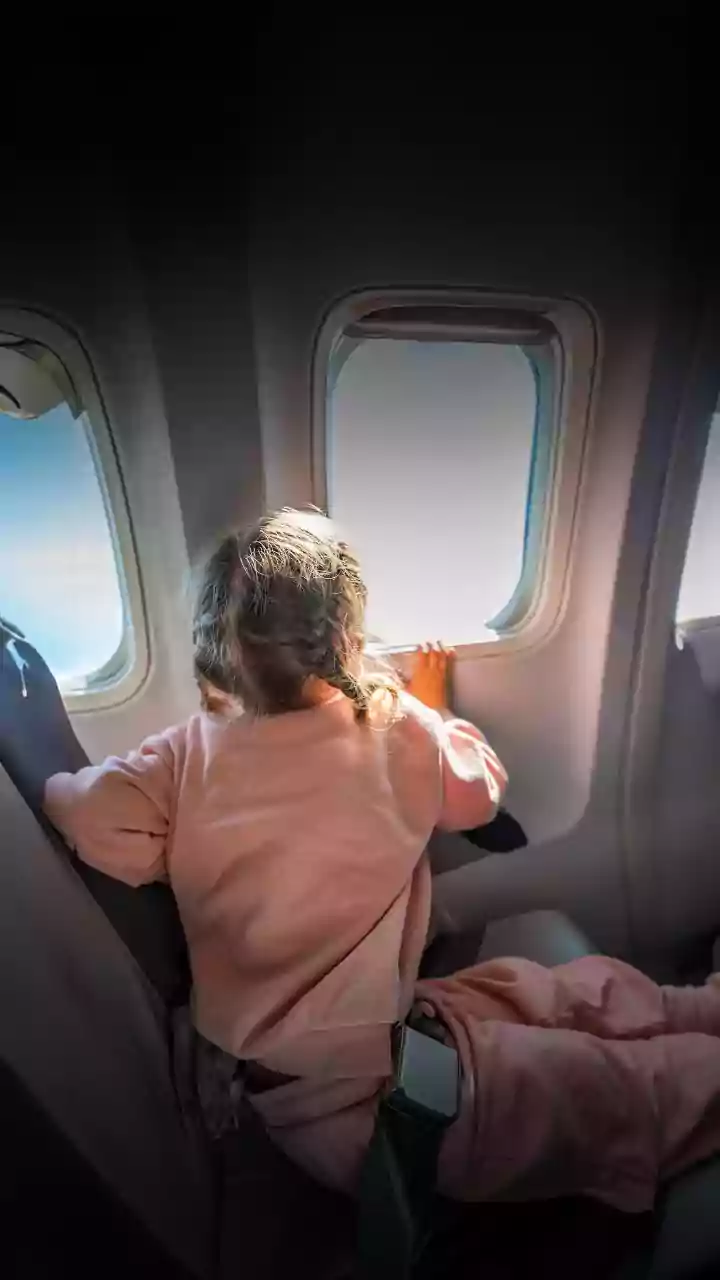The Home Country Rule
The most significant change is the requirement for US visa interviews to be conducted in the applicant's country of citizenship or legal residence. Previously,
individuals could schedule interviews at any US embassy or consulate worldwide, offering flexibility for international travelers. This meant individuals who were located outside of their home country or who were seeking convenience could attend a US embassy in a third country. The implementation of this rule restricts this flexibility, compelling applicants to travel to their home country for interviews. This change could mean added costs and logistical hurdles for those aiming to obtain a US visa, particularly for those living far from their homeland. It also raises questions about the potential impact on international students, workers, and tourists.
Impact on Students
The shift to home-country interviews could pose difficulties for international students. Many students studying abroad might face increased travel costs and time constraints as they have to return to their home countries solely for the interview process. Moreover, the timing of interviews may conflict with their academic schedules, leading to potential disruption in their studies. International students may be particularly affected, as their visa status is critical for their continued enrollment and stay in the United States. Those who relied on attending interviews in countries near their place of study now have to travel much further. This change introduces an extra layer of complexity, and could lead to delays in their academic journey and career prospects.
Workers and Professionals
The new rule significantly impacts professionals and workers seeking to work or attend conferences in the United States. The logistics of returning to their home countries for an interview adds a new layer of complexity to their travel plans and their ability to work. For those on temporary work visas, scheduling an interview during a time-sensitive project or a critical business period can be challenging. Individuals who are employed in roles that require frequent travel may encounter difficulties in balancing work and the interview process. This can translate into higher expenses and time off. This regulation could also have broader implications for industries that depend on international expertise and collaboration, influencing the flow of talent and knowledge between the US and the rest of the world.
Implications for Tourists
Tourists planning trips to the US are also affected by this change. Before the change, people could plan a trip to another country for a visa interview to make their trip faster or more convenient. Now, they're limited by their home country's consulates. This could mean more complicated travel plans, especially for people who live far away from where they're from. It also raises questions about fairness, as visa processing times and consulate availability can vary greatly between different countries. People may now have to deal with longer waits or navigate more complex procedures, changing the experience of traveling and visiting the United States for leisure. For tourists, these new regulations could cause changes to when and how they visit the US.
Accessibility Concerns
The shift to home-country interviews brings up serious issues about accessibility. Not all applicants will have equal access to US embassies and consulates. People from remote areas might face lengthy travel to attend their interviews. Moreover, differences in resources available at different consulates could create an imbalance in the experience. For example, some applicants may face delays due to a backlog of applications in their home countries. In addition, some individuals may struggle with language barriers and cultural differences that might be present in their home countries' consulates, which adds more challenges. Ensuring that all applicants have fair and equal access to the visa process is a crucial consideration, and further steps are needed to address any potential disparities.
Looking Ahead
While the home-country rule is in effect, its long-term consequences remain to be seen. Continuous assessment is crucial to monitor the impact on different groups of visa applicants and adjust strategies accordingly. Further examination of the effects of these new changes is needed. As the US visa process is constantly evolving, applicants need to remain well-informed and prepared. People should always review and understand the latest guidance from the US State Department. This will help them adapt to the changes and ensure a smooth visa application process. Future updates and adjustments may be made to the procedures, so it's best to stay updated.



















